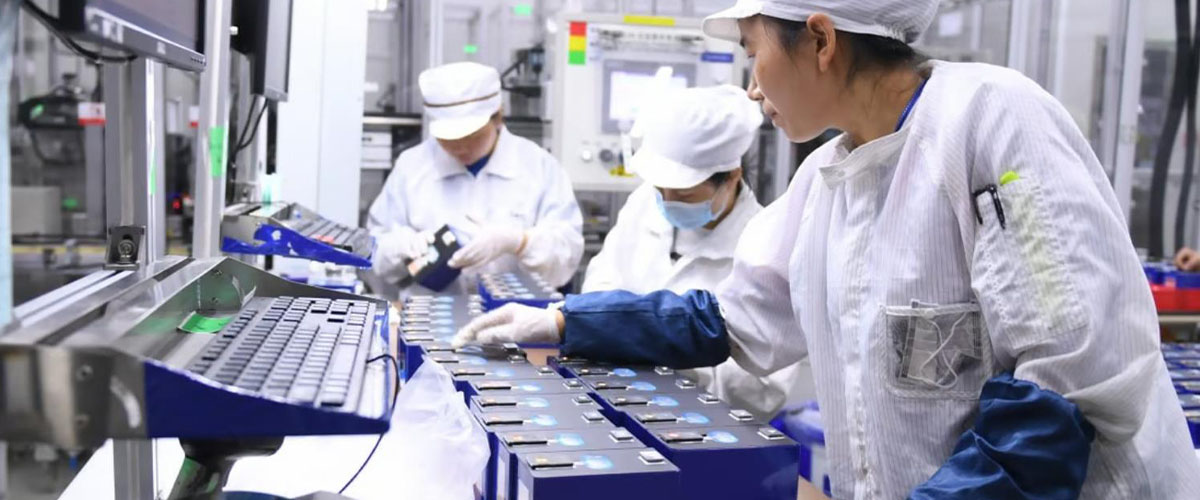
If you're building a solar battery storage system, powering an RV, or setting up an off-grid solar system, you've likely encountered two common voltage ratings for lithium iron phosphate (LiFePO4) batteries: 48V and 51.2V. At first glance, the 3.2V difference might seem minor. Is it just a marketing gimmick, or does it represent a significant technical difference?
For beginners navigating the world of home battery storage and solar energy, this distinction can be confusing. The truth is, both are considered 48V system batteries, but the 51.2V variant is rapidly becoming the modern standard. This guide will break down the differences between 48V and 51.2V LiFePO4 batteries in simple terms, helping you make an informed decision for your battery energy storage system.
Understanding the Basics: What is a 48V and 51.2V LiFePO4 Battery?
To understand the difference, we must start with the basic building block of any LiFePO4 battery: the battery cell.
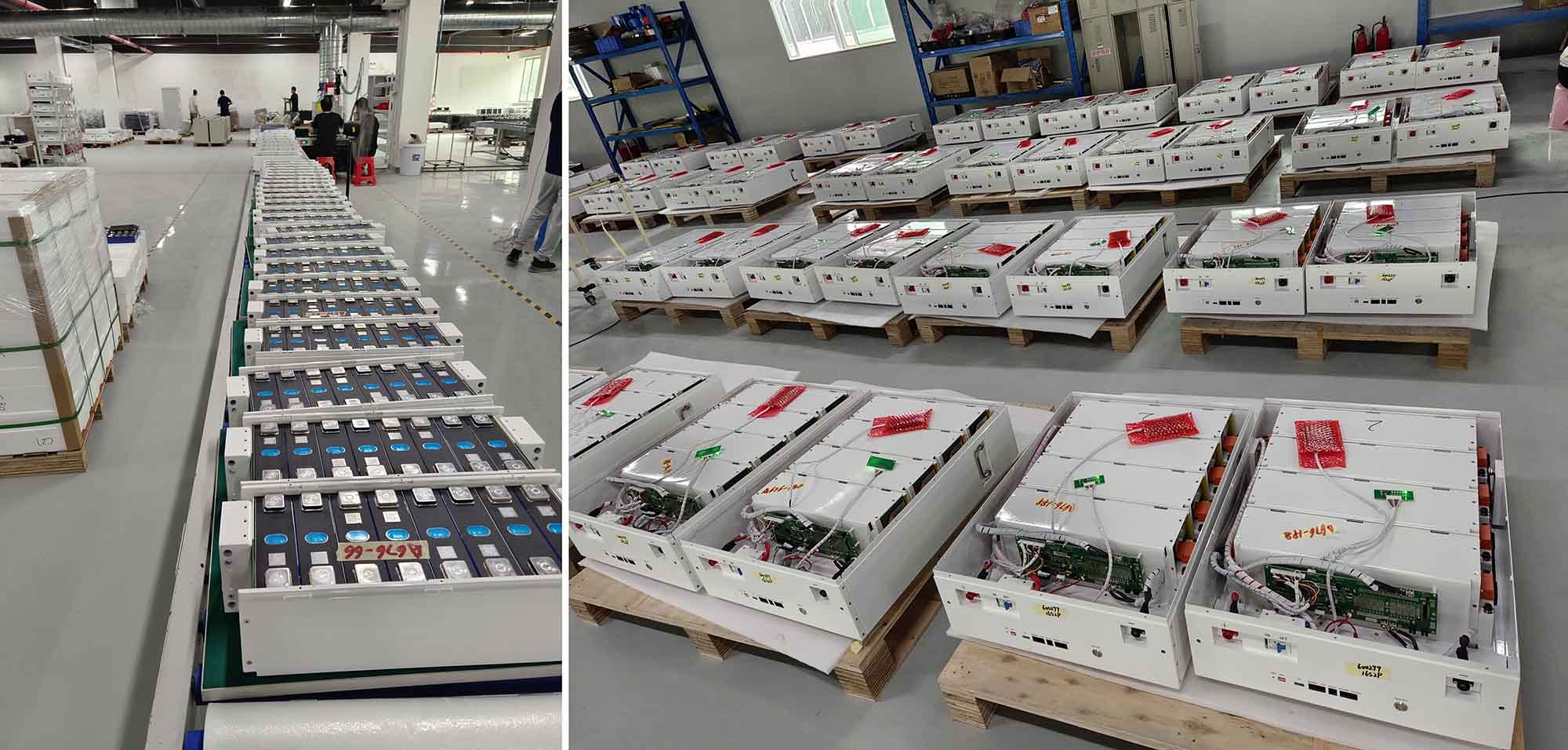
A single LiFePO4 cell has a nominal voltage of 3.2V. To create a higher voltage battery, these cells are connected in series. The battery voltage adds up, which is where the key difference lies:
- >> A 48V LiFePO4 battery is typically built with 15 cells in series (15S). (15 x 3.2V = 48V).
- >> A 51.2V LiFePO4 battery is typically built with 16 cells in series (16S). (16 x 3.2V = 51.2V).
So, fundamentally, the difference boils down to the number of LiFePO4 battery cells inside the battery pack: a 15S vs 16S battery configuration.
Key Differences: 48V vs. 51.2V (16S) LiFePO4 Battery
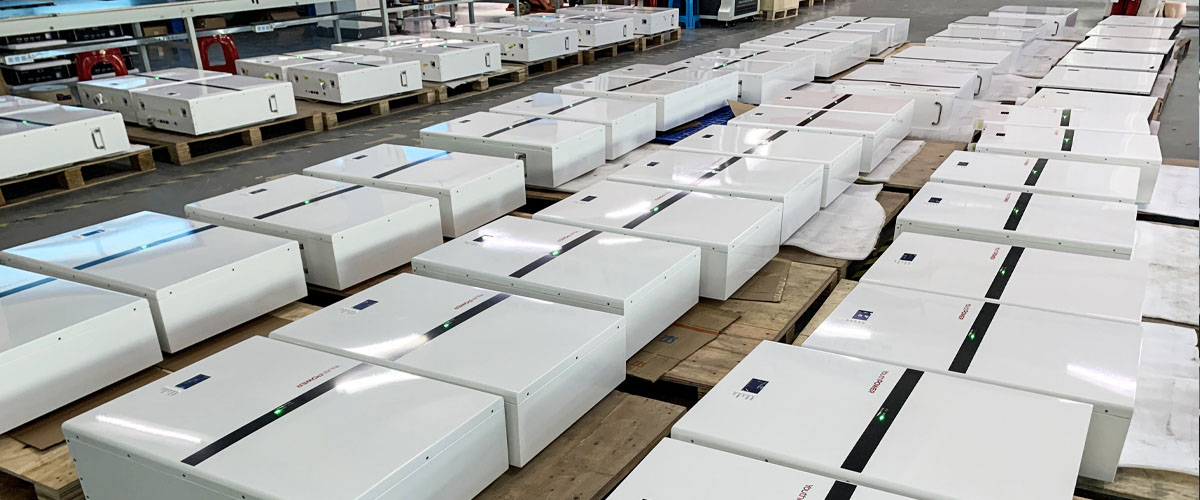
Let's dive into the practical implications of the cell count difference. The table below summarizes the key differences.
| Feature | 48V LiFePO4 Battery | 51.2V LiFePO4 Battery | What It Means for You |
| Cell Configuration | 15 cells in series (15S) | 16 cells in series (16S) | Fundamental design difference. |
| Nominal Voltage | 48V | 51.2V | The name on the label. |
| Fully Charged Voltage | ~54V (15 x 3.6V) | ~57.6V (16 x 3.6V) | Crucial for inverter compatibility. |
| Discharge Cut-off Voltage | ~45V (15 x 3.0V) | ~48V (16 x 3.0V) | Impacts usable capacity. |
| Compatibility | Compatible with older 48V lead-acid settings. | Optimized for modern 48V inverters & chargers. | 51.2V is generally better. |
| Efficiency & Power | Slightly lower power output at the same current. | Slightly higher power output at the same current. | 51.2V has a slight edge. |
| Industry Trend | Being phased out. | The new mainstream standard. | Better future-proofing. |
1. Voltage Window and Usable Capacity
A battery doesn't operate at its nominal voltage all the time. It works within a "voltage window" between its fully charged and fully discharged states.
The 51.2V lithium LiFePO4 battery has a wider voltage window (approximately 48V to 57.6V). This higher window allows it to work more effectively with the voltage parameters of modern 48V energy storage inverters. As the battery discharges, it stays above the inverter's low-voltage cutoff for a longer time, allowing you to access more of the battery's battery storage capacity before the system shuts down to protect itself.
2. Compatibility with Inverters and Chargers
This is the most critical difference for your solar system or home energy storage system.
Most modern 48V storage inverters and solar charge controllers are designed with LiFePO4 chemistry in mind. Their operational voltage range is built to accommodate the ~57.6V full charge of a 16S LiFePO4 battery pack.
A 51.2V LiFePO4 solar battery fits perfectly within this optimized range, ensuring it can be fully charged and deeply discharged without triggering high or low-voltage alarms from your solar power inverter. This synergy maximizes the performance and longevity of your entire solar and battery storage system.
3. Efficiency and Power Output
Power (Watts) = Voltage (Volts) x Current (Amps).
A 51.2V battery operates at a higher voltage throughout its discharge cycle. This means for the same amount of current (Amps), it can deliver more power (Watts). Conversely, to deliver the same power, it can draw less current. Lower current reduces energy loss as heat in the wiring, leading to higher overall battery efficiency for your off-grid solar system or residential energy storage.
How to Choose Between 48V and 51.2V Batteries
So, which LiFePO4 battery should you choose for your project?
Choose 51.2V (16S) LiFePO4 Batteries If:
- ▲ You are purchasing a new battery for a solar battery storage system.
- ▲ Your inverter/charger is a modern unit that explicitly supports or is optimized for LiFePO4 chemistry.
- ▲ You want the best efficiency and performance from your system.
- ▲ You are concerned about future-proofing and industry standards. For any new home solar system with battery backup, this is the recommended choice.
Consider 48V (15S) LiFePO4 Batteries If:
- ▲ Budget: 48V lithium LiFePO4 battery is more cost-effective for moderate energy needs.
- ▲ You are replacing a battery in a very old system where the inverter has a strict voltage upper limit that cannot accommodate 57.6V.
- ▲ You need a direct replacement for a specific piece of equipment designed solely for a 15S configuration (this is rare).
For 99% of new installations, the 51.2V (16S) LiFePO4 battery is the superior and recommended choice.
Frequently Asked Questions (FAQ)
Q1: Can I use a 51.2V battery in my 48V system?
A1: Absolutely. In fact, it's the ideal choice. Your "48V system" (inverter, charge controller) is designed to operate within a voltage range, not a fixed number. The 51.2V battery's operating range fits perfectly within the parameters of modern 48V equipment.
Q2: Is a 51.2V battery better than a 48V battery?
A2: In most cases, yes. It represents a more modern design that better aligns with the capabilities of contemporary solar power systems with battery storage, offering improved compatibility and the ability to utilize more of the battery's stored energy.
Q3: Why do manufacturers label 51.2V batteries as 48V?
A3: This practice stems from legacy compatibility with lead-acid systems (traditionally 48V) and simplified marketing. Always check the technical specifications for clarity.
Q4: Are 51.2V batteries safer?
A4: LiFePO4 chemistry is inherently safer than other lithium-ion types and higher voltage reduces current-related risks.
Q5: Is there a lifespan difference?
A5: The longevity of a LiFePO4 lithium battery is primarily determined by cell quality, the Battery Management System (BMS), and the depth of discharge (DOD). Architecturally, both 15S and 16S configurations share the inherent long-life characteristics of LiFePO4 chemistry, so there is no significant lifespan difference based on voltage alone.
Q6: How does operating near inverter voltage limits improve efficiency?
A6: By minimizing current draw and aligning with the inverter's peak efficiency zone, 51.2V batteries reduce energy losses and heat generation, optimizing overall system performance.
Q7: What is the difference between 48V and 51.2V in terms of performance?
A7: The 51.2V battery typically delivers more of its stored energy to your appliances and does so more efficiently than a 48V battery.
Conclusion
The difference between 48V and 51.2V LiFePO4 batteries is fundamental. The 51.2V (16S) battery is not a marketing ploy; it is the modern standard engineered to unlock the full potential of lithium iron phosphate technology. With its superior compatibility with modern inverters, wider voltage window for greater usable capacity, and slight efficiency advantages, it is the clear winner for new installations.
For beginners and experts alike, the choice is simple: when setting up a new solar, off-grid, or home battery storage system, choose a 51.2V LiFePO4 battery. It is a future-proof investment that will ensure your system performs at its best for years to come. Before purchasing, a quick check of your inverter's manual to confirm its voltage input range is always a good practice.
YouthPOWER 48V and 51.2V LiFePO4 Solar Batteries
As a leading Chinese LiFePO4 solar battery manufacturer, YouthPOWER puts these technical advantages into practice. We specialize in producing high-performance and UL 1973, CE-EMC and IEC62619 certified 48V and 51.2V LiFePO4 solar batteries that are engineered for reliability and value.
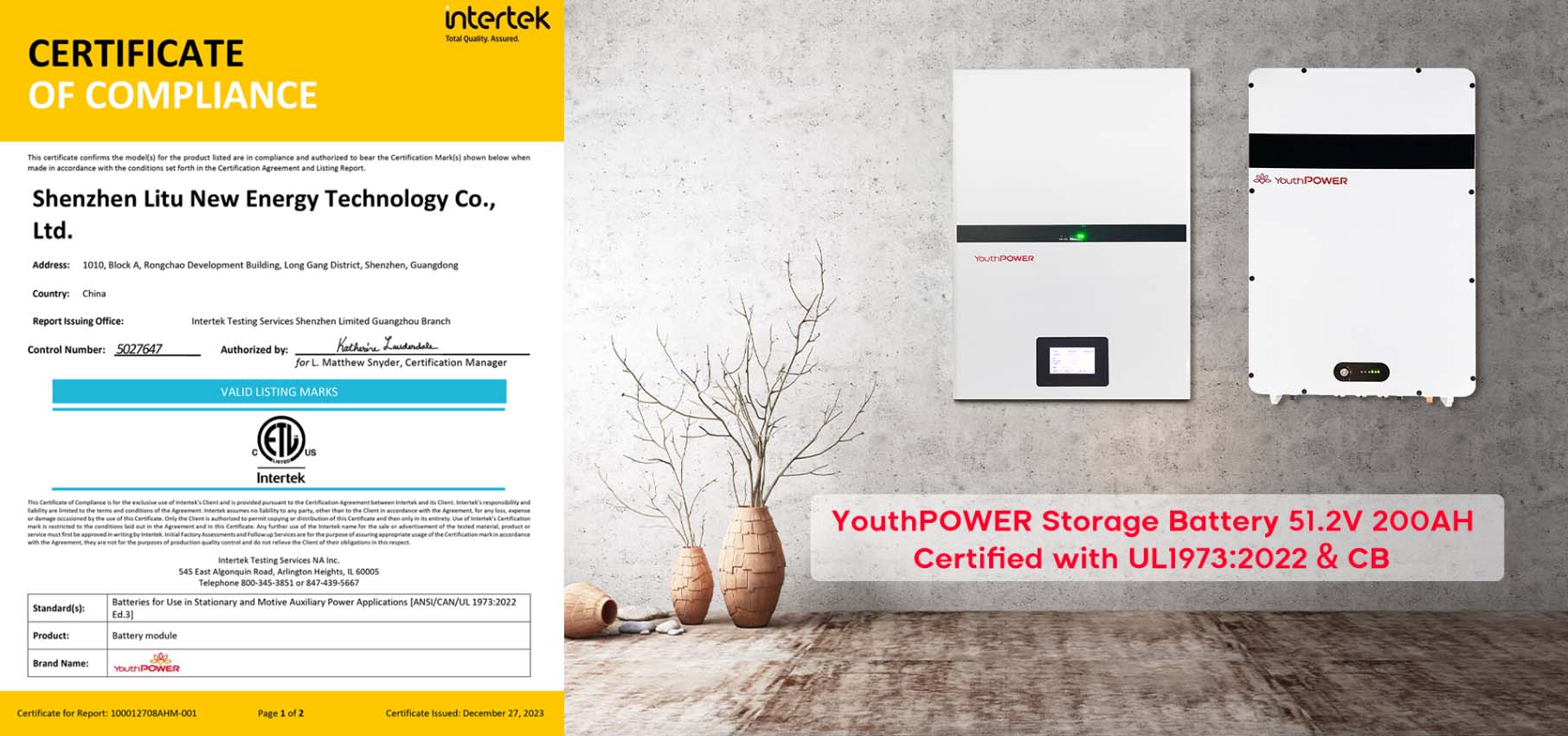
Our comprehensive product range includes versatile wall-mounted batteries 5kWh, 10kWh, 15kWh, 16kWh, 20kWh for space-saving installations and robust rack-mounted batteries for scalable energy storage solutions. Designed to be compatible with the majority of inverters on the market, our batteries are the ideal choice for residential solar systems and small-scale commercial energy storage systems.
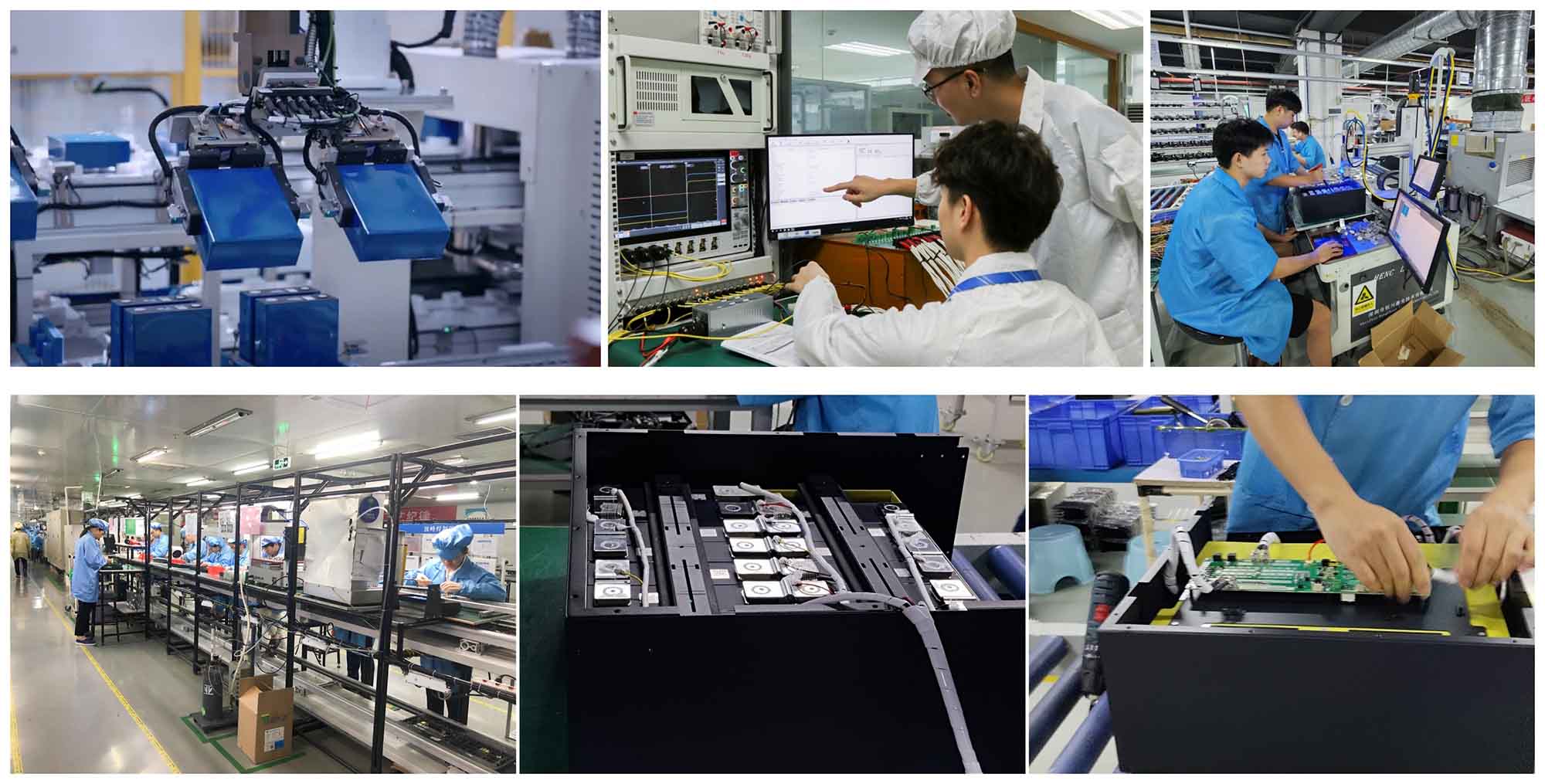
We are dedicated to providing high-quality lithium battery energy storage at a competitive price. By working directly with our factory, you benefit from wholesale pricing and we are fully supportive of OEM and ODM customization to meet your specific market needs.
See Our Products in Action:
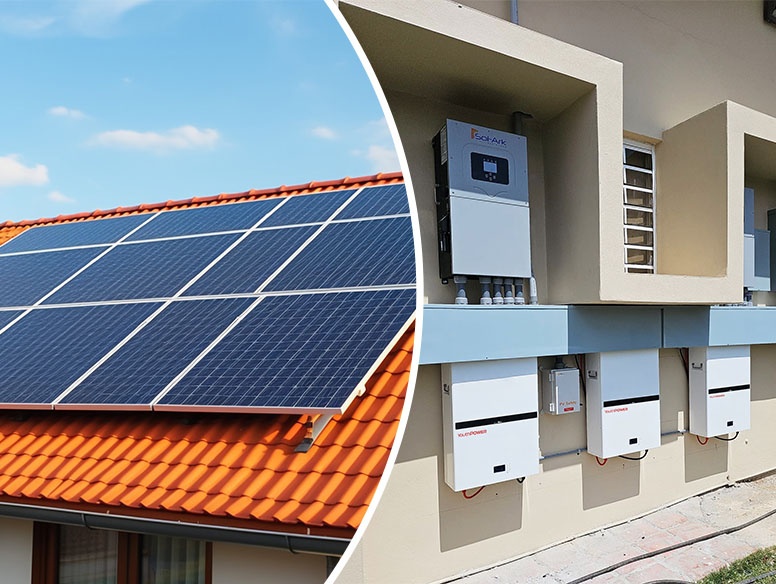
Project Highlight: A recent installation in North America utilized three units of YouthPOWER 51.2V 200Ah 10kWh lifepo4 powerwall to create a seamless 30kWh home energy storage system, providing complete energy independence for a family residence.

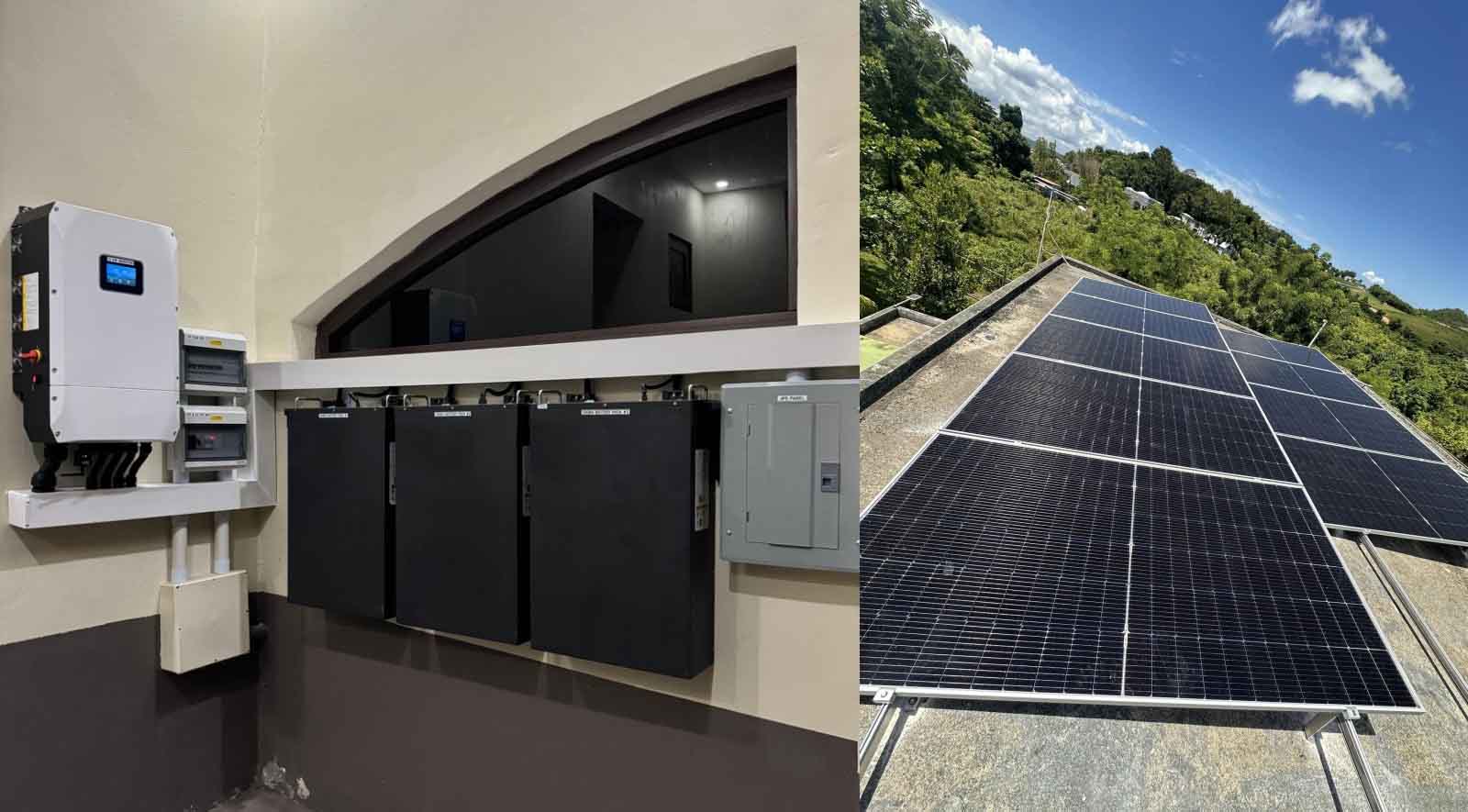
Project Highlight: A recent installation in Africa utilized three units of YouthPOWER 5kWh-100Ah 48V server rack batteries to create a seamless 15kWh home power backup system, providing reliable and continuous power supply.
Ready to Power Your Business?
If you are still confused about your solar system, contact our sales engineering team at sales@youth-power.net and we will advise you on your system configuration and battery voltage selection, or get a competitive quote, request a custom product sheet, and discuss how our batteries can be the perfect fit for your projects.
Post time: Oct-14-2025

